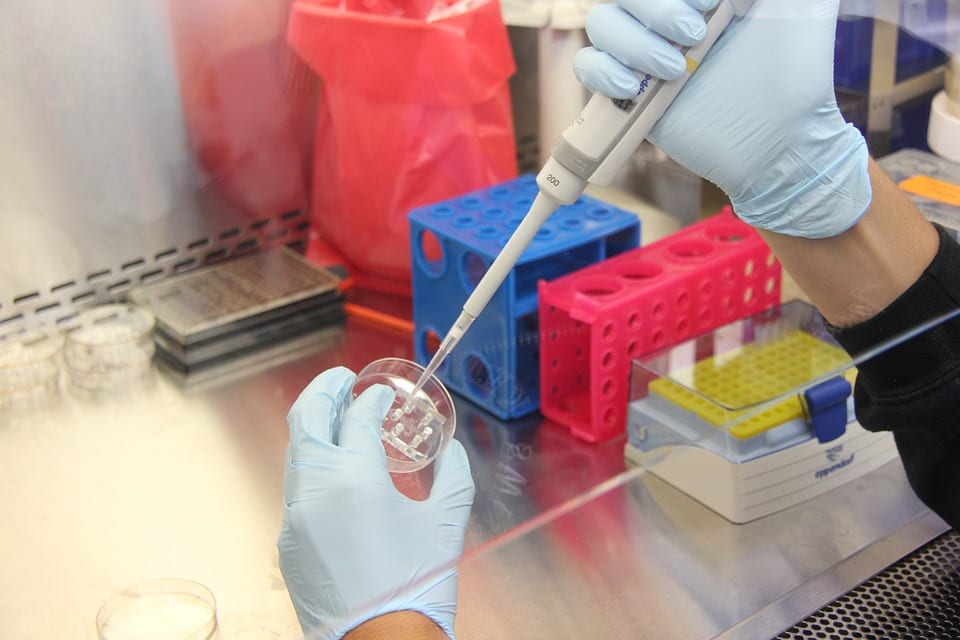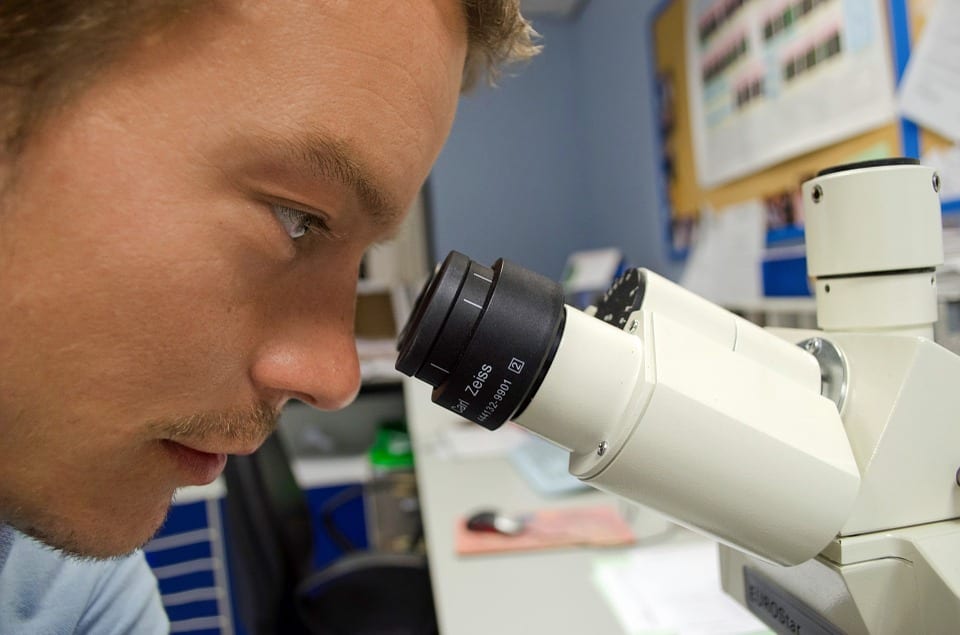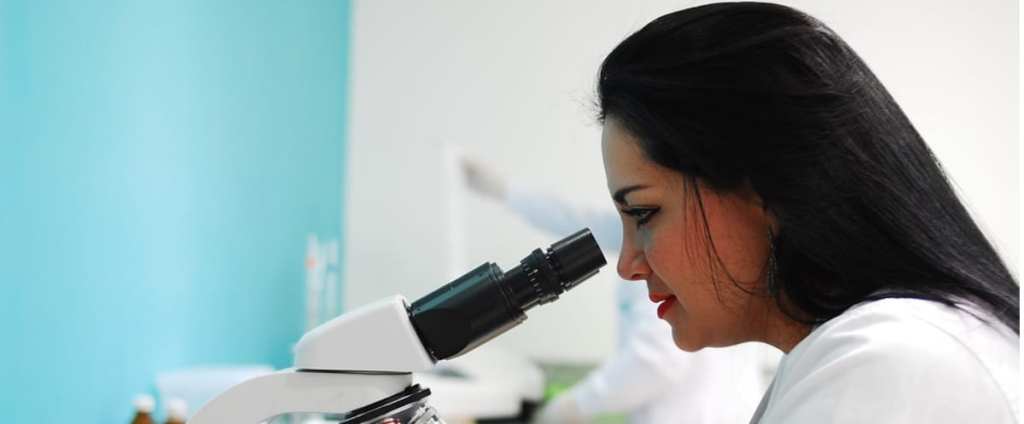In the grand scheme of things, autism is a relatively new disease – not that people never had it before now, but that it wasn’t diagnosed until recently – and doctors and scientists are still working on understanding how autistic people function differently and why.
A new study that finds their nerve cells develop faster and grow larger will surely add to the growing pool of research that furthers our understanding and ability to help people with autism learn to cope in a world not built to accommodate them.
Autism Spectrum Disorder impacts how people communicate and interpret the feelings and behaviors of others, as well as how they experience the world around them. It’s most often diagnosed in children and is more common in boys than in girls – one in every 59 kids in the U.S. are affected. As of now, there is no known cause, though scientists believe both genetics and a brain’s hyperconnectivity play a role.

Photo Credit: Pixabay
Simon Schafer, a postdoctoral fellow at the Salk Institute, where the study was conducted, expanded on their findings in a statement:
“It’s currently hypothesized that abnormalities in early brain development lead to autism, but the transition from a normally developing brain to an ASD diagnosis is blurred. A major change in the field has been to determine the critical developmental periods and their associated cellular states. This research could provide a basis for discovering the common pathological traits that emerge during ASD development.”
The researchers in this study took skin cell samples from eight people with ASD and five people without ASD and transformed them into stem cells before exposing them to chemicals that led them to develop into neurons. Then they analyzed the cells’ RNA by looking at genetic activity in the cells at five different developmental stages.
Something interesting emerged early on in the cells’ development. At the point when neural stem cells were about to become nerve cells, a certain group of genes (some of which had been linked to ASD by previous research) switched on earlier, leading to accelerated development.
Not only that, but the nerve cells of people with ASD grew faster and ultimately larger than those of people without ASD, and developed longer, more complex branches than non-ASD cells.

Photo Credit: Pixabay
Senior author Rusty Gage sounds excited about how their findings will add to people’s understanding:
“Although our work only examined cells in cultures, it may help us understand how early changes in gene expression could lead to altered brain development in individuals with ASD.”
It’s important to note that autism exists on a wide spectrum, and the small sample group used in the study all had a specific kind of ASD, so their findings may or may not be universally applicable. You can read their findings in total in Nature Neuroscience.
“We hope these studies will serve as a framework for developing novel approaches for diagnosis during an early period of child development – long before behavioral symptoms manifest – to have the maximum impact on treatment and intervention,” Schafer said.
That’s what science does – gives us hope for a better future!






